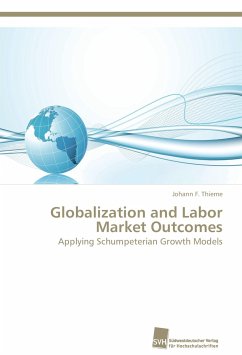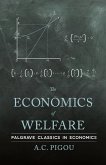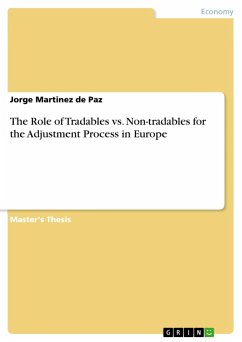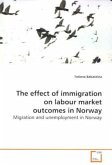This dissertation examines the impact of increasing international trade on the skill premium and on welfare of different skill groups. Several growth models of creative destruction ("Schumpeterian" models) are employed. The underlying mechanism is that increasing international trade creates a stronger incentive for firms to engage in skill-intensive innovation, driving the relative wage of skilled workers upwards. This basic mechanism is then enhanced by the possibility of unemployment. Moreover, horizontal foreign direct investment (FDI) is introduced. Finally, a non-tradables (or service) sector is incorporated because unskilled households consume relatively more tradables than skilled households do. In the presence of non-tradables, the increase in (real) wage inequality is smaller than without the additional sector. Computable general equilibrium (CGE) simulations test the models' empirical relevance for European data.
Bitte wählen Sie Ihr Anliegen aus.
Rechnungen
Retourenschein anfordern
Bestellstatus
Storno








